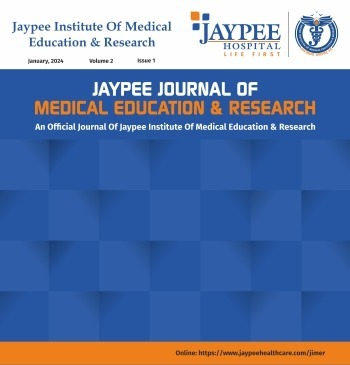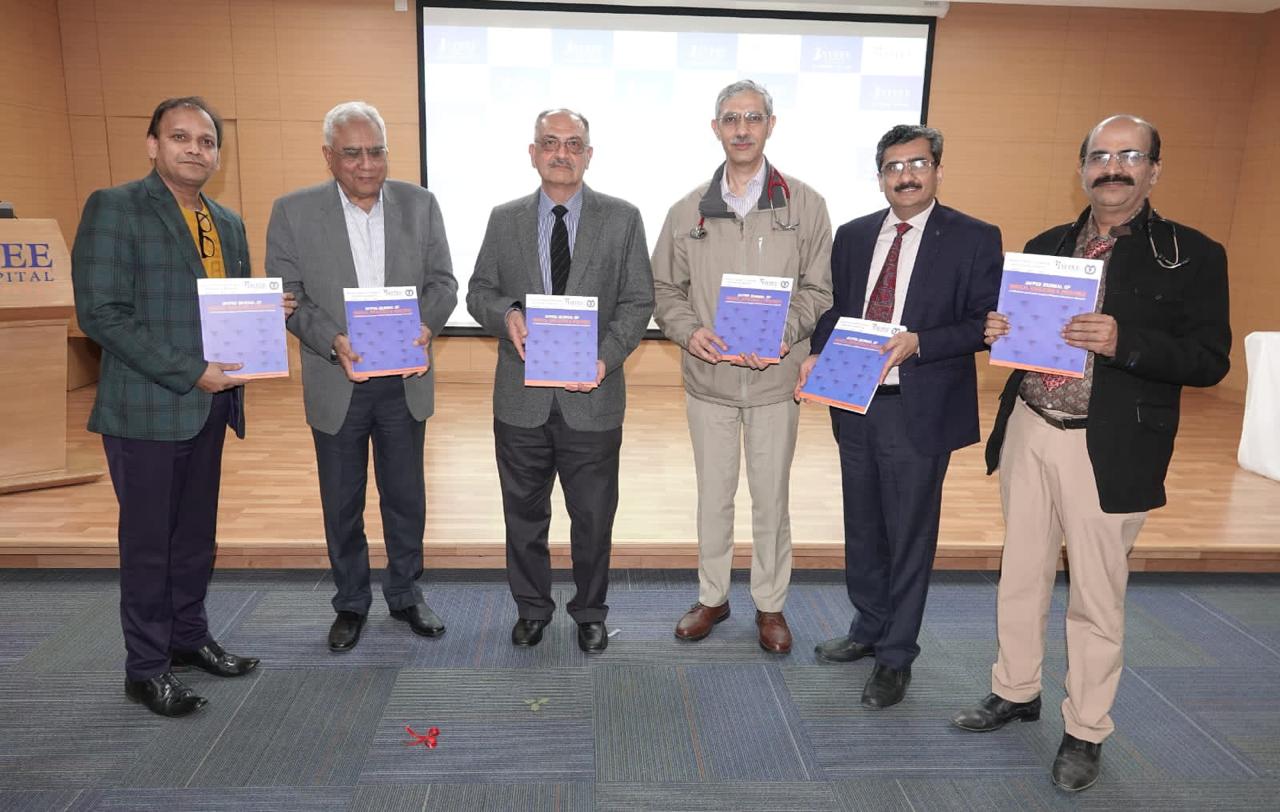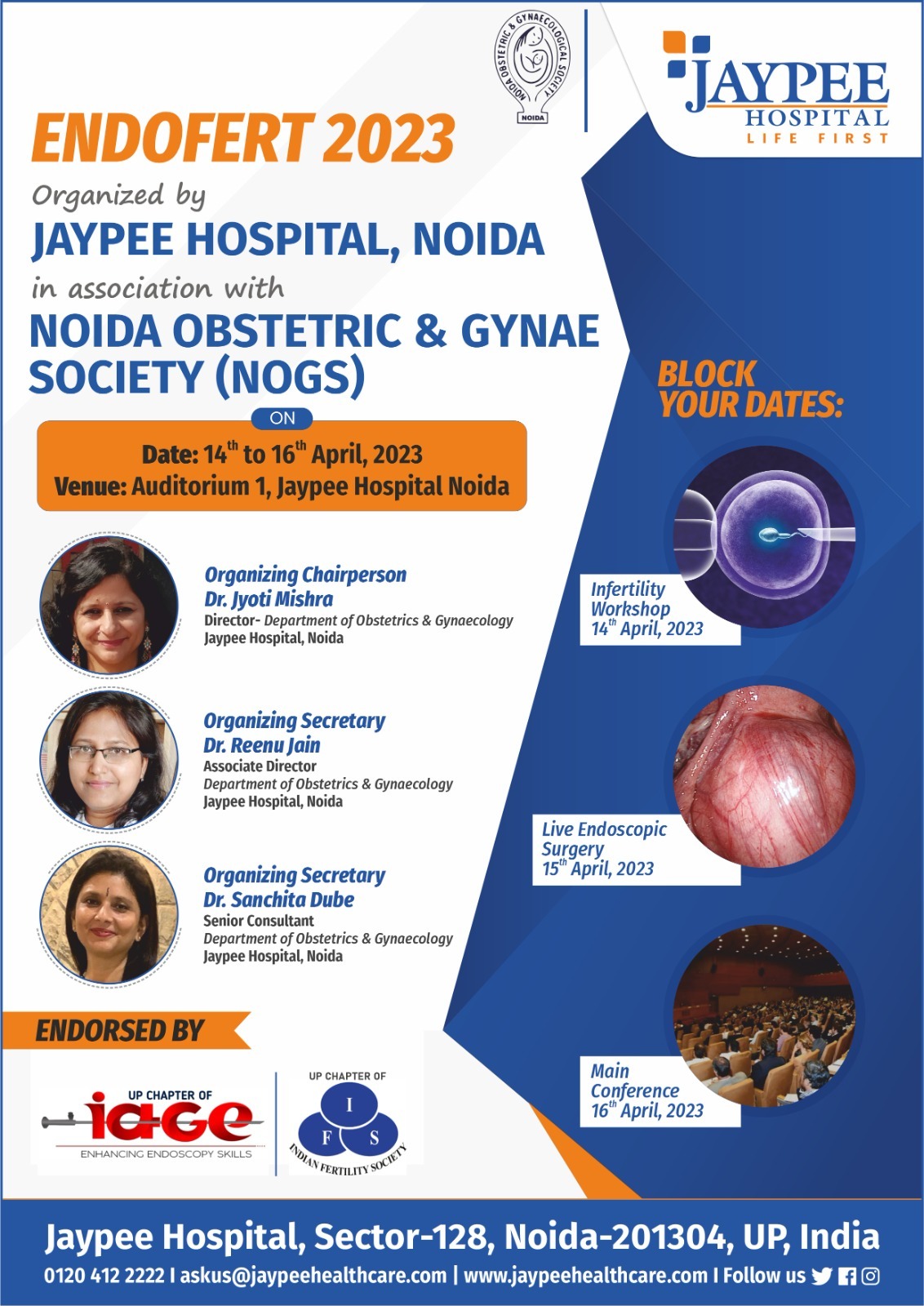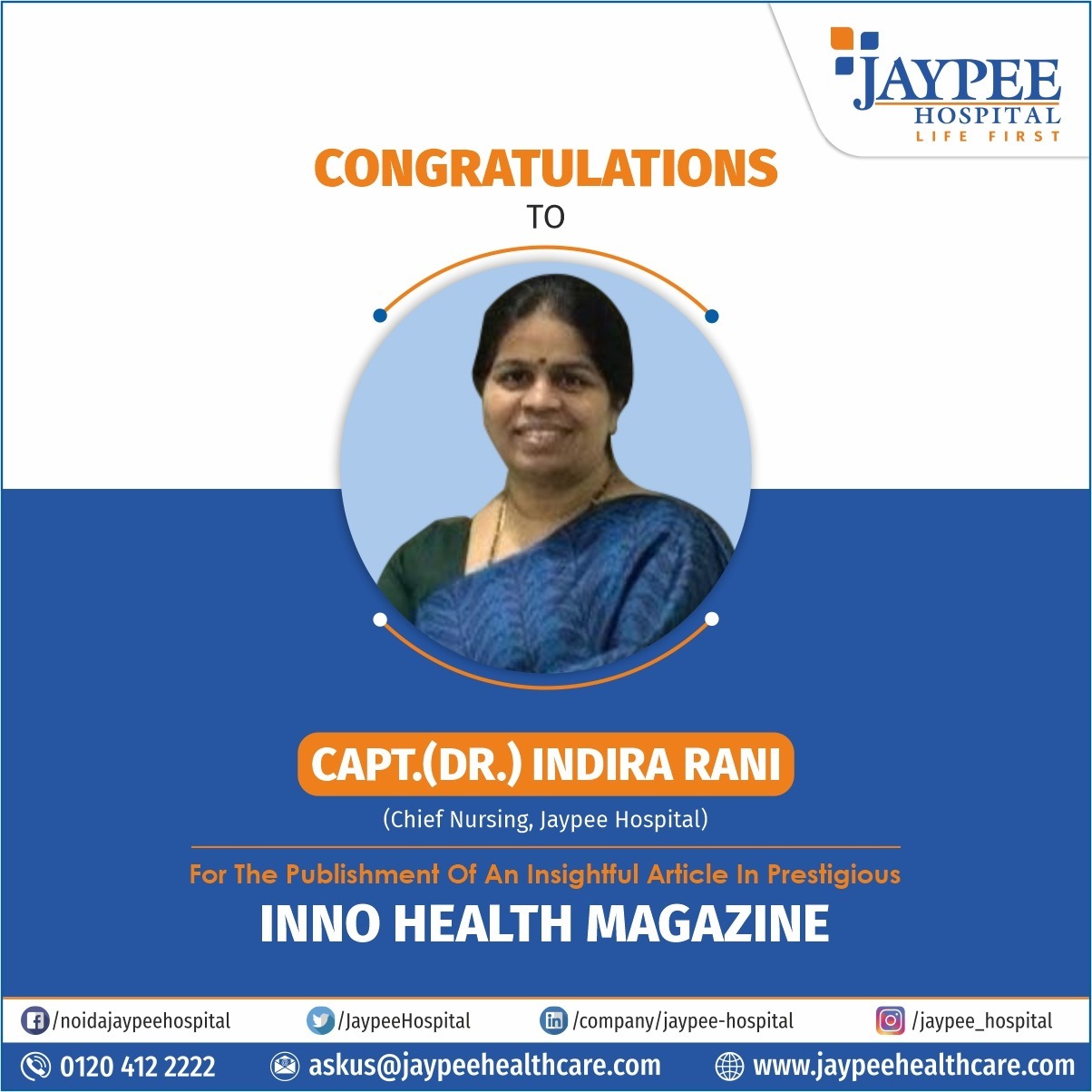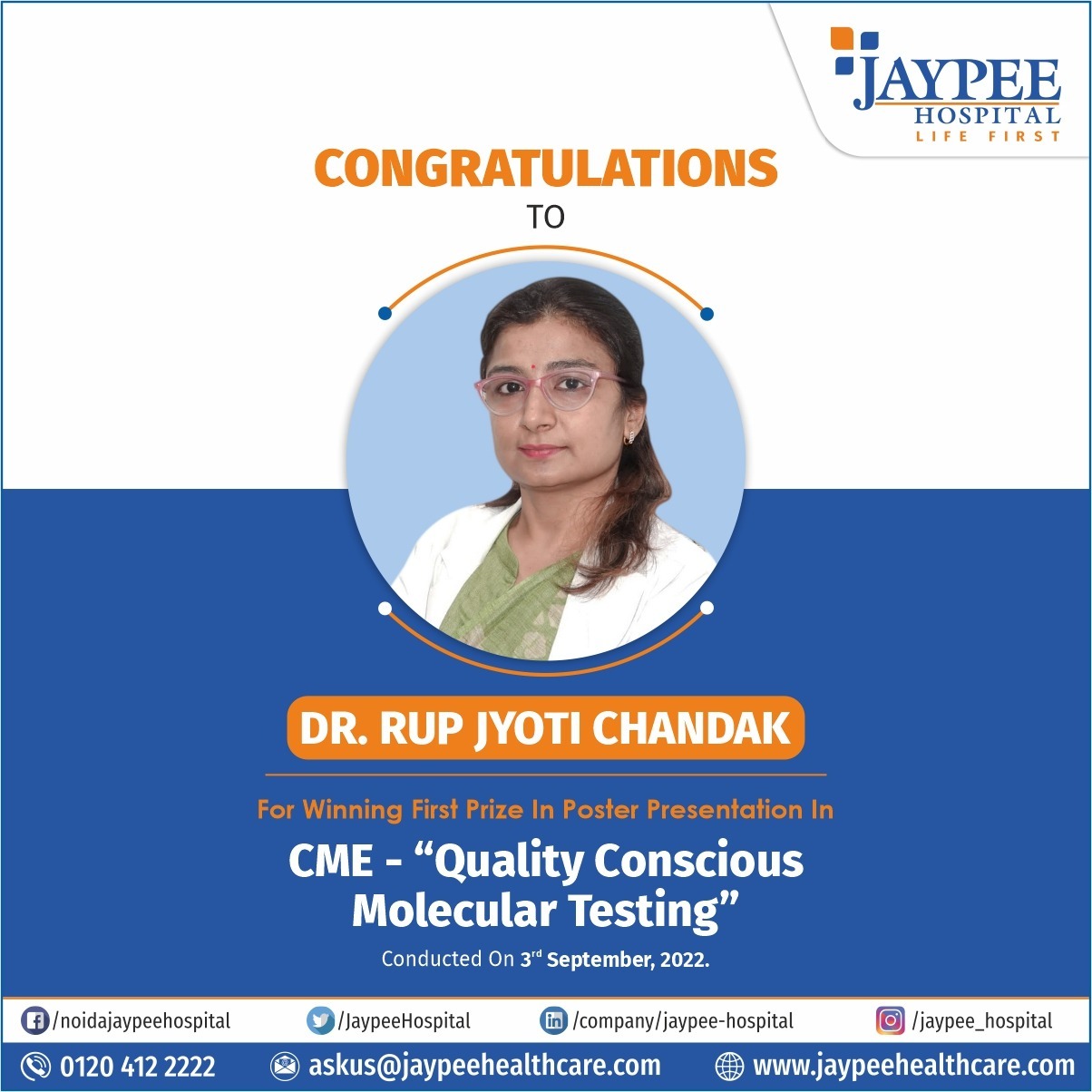Education and health have a long-standing and well-known association. With everyday advances in health information and technology, physicians, nurses, and other health professionals must maintain and improve their knowledge and skills throughout their careers. It is the only way to provide safe, effective, and high-quality healthcare for the patients. The pros of investing into continuous education are: highly skilled staff, high staff retention, magnificent reputation, optimized financial performance, better patient outcomes, less medical malpractice lawsuits.
Essential components of good health are basic educational skills and knowledge. These include reasoning ability, emotional self regulation, reasoning ability and interactional abilities. Education is an important social determinant of your health, as well as an upstream cause. Physicians, nurses, and all other health professionals need to keep up-to-date with the latest health information and technology. This is the only way to ensure that patients receive safe, efficient, and high-quality care.
The role of Medical Assistants in the health care system is to act as a link between patients and hospitals. Therefore, the future of the health care system will depend on their medical training. The training provides lot of knowledge and helps to guide the practice in its growth. There is also a need for administration to be created in the medical industry, and to train the people that will cater to changing needs. A valuable resource for the constantly-evolving healthcare industry is a well-trained and certified medical assistant.
Education is a major contributor towards quality in healthcare which eventually leads to patient satisfaction. The most important indicator of quality in healthcare is patient satisfaction. It has an impact on patient satisfaction, clinical outcomes and better retention of patients. It impacts the delivery of high-quality health care. The quality of care is not the only thing that matters, but how satisfied a patient feels about the treatment received. It's a measure for care quality. Healthcare providers can use it to gain valuable insight into many aspects of healthcare including their understanding and effectiveness. Education and regular hand on training play a vital role in enhancing patient safety as only a well informed health worker will ensure that the medical risks are minimised.
The healthcare industry is a very competitive environment, and clinical institutions have to bring an ever higher quality of care on the table. A skilled and motivated staff who are always up-to-date with the latest developments in techniques and technologies is a huge competitive advantage.


